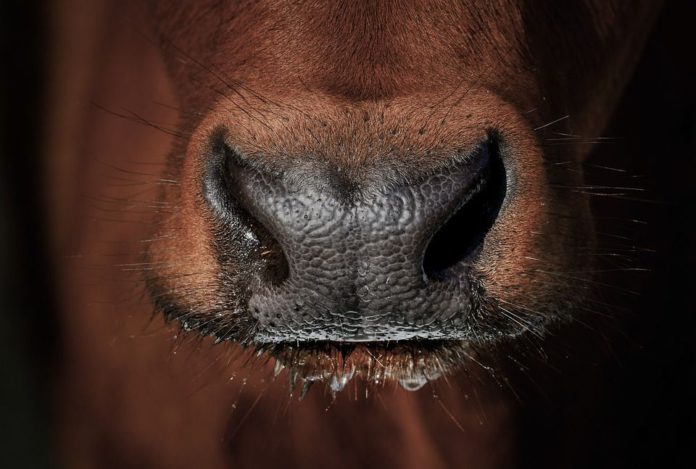The prevalence of the parasite, Cryptosporidium, is “greater” than presumed, equating to a “serious threat” to the dairy industry and human life.
That is according to findings from collaborative research the University of Kent’s School of Biosciences in the UK led.
Researchers focused on specimens of farm-based cow herds across Belgium, France and the Netherlands, comprising 57 farms in total.
They found the parasite to be 20-25% prevalent across all countries.
Cryptosporidium
In a statement, researchers said:
“These findings indicate that Cryptosporidium, which causes severe sickness in cows, has reached such levels as to be of major concern to the dairy cattle market of western mainland Europe.”
Researchers screened for the parasite in young calves and their dams. This led to the discovery of different strains of Cryptosporidium. Researchers revealed this suggests that the parasite is not inherited from dams but may be accumulated from the environment.
Coinciding with several outbreaks in recent years, researchers anticipate this might also spread in humans. This said, this may especially be the case when increased flooding may cause sewage to spread into water reservoirs.
“Cryptosporidium is dangerous owing to the severe and lethal sickness it causes in dairy livestock and the threat it holds for human life, especially for young children or immunocompromised individuals.”
“The parasite is also concerning as it becomes infectious in chlorine. Traditional methods of stopping parasitic spread act to increase chances of infection, rather than preventing.”
Severe concern
Dr Anastasios Tsaousis, Reader in Molecular and Evolutionary Parasitology at Kent and the corresponding author of the paper, views the research as of “major importance” in terms of the product value in the dairy farm industry and safety to human life.
“The findings indicate Cryptosporidium levels to be so high as to be of severe concern to the European and UK dairy market.”
Dr Tsaousis said this confirms the importance of a one-health approach when studying an outbreak akin to Cryptosporidium.
“We must consider its impact on human life, animal wellbeing and the environment.’
A European grant by the Interreg-2-seas funded the paper, which Microorganisms published.
Other research:





